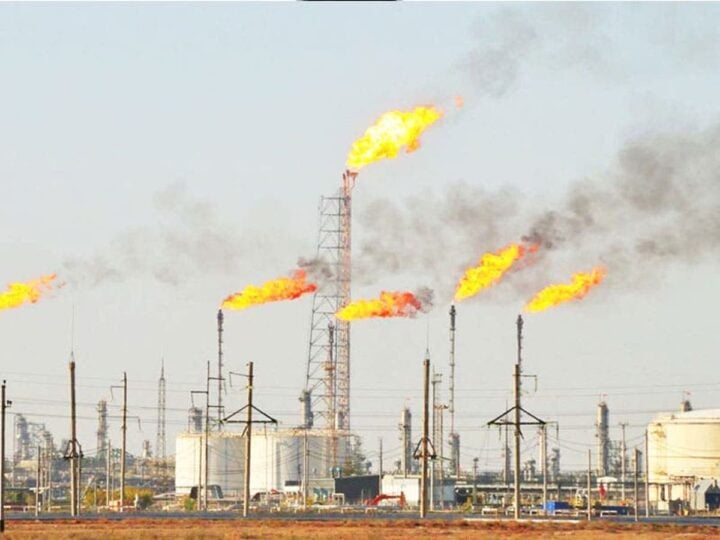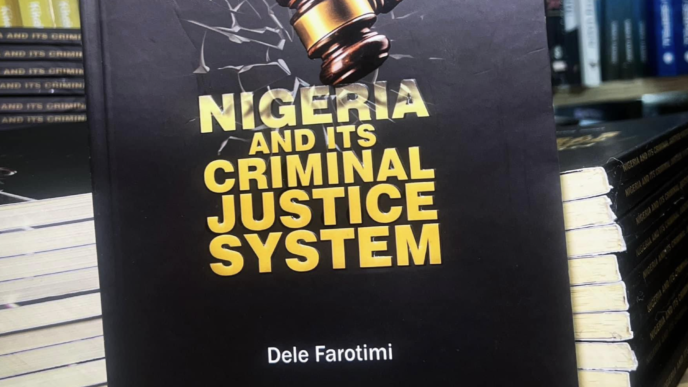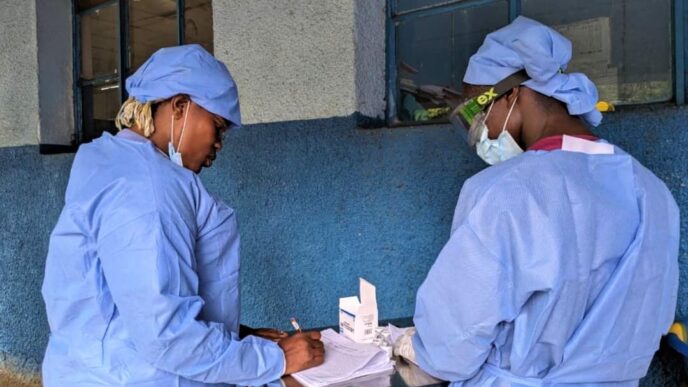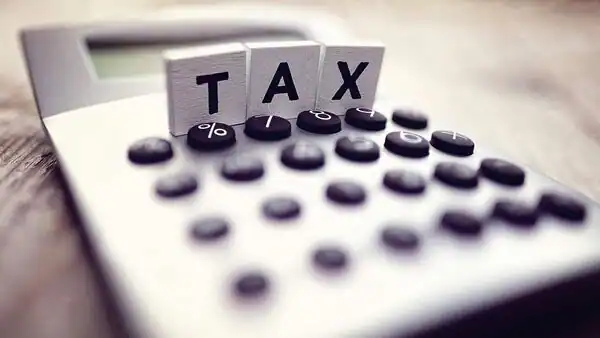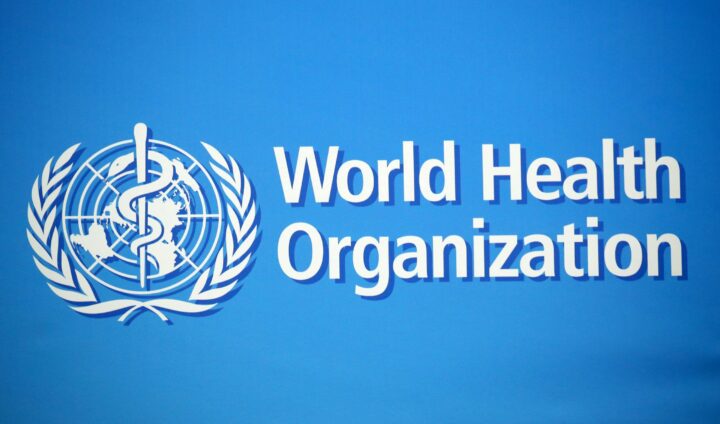A bill seeking to prohibit gas flaring in Nigeria has passed the second reading in the house of representatives.
Sponsored by Babajimi Benson from Lagos, the bill intends to address the “longstanding and damaging practice of gas flaring” in the country.
The proposed legislation, which scaled second reading during plenary on Thursday, aims to safeguard the environment and advance sustainable development.
Gas flaring has been a persistent challenge in Nigeria for decades, causing significant environmental harm, public health issues, and economic setbacks.
Advertisement
According to a journal on air quality and health impact, gas flaring contributes to greenhouse emissions and global warming.
Pollutants from flaring lead to respiratory and cardiovascular diseases, particularly affecting residents in communities near flaring sites, the publication said.
Leading the debate in the green chamber, Benson said when passed into law, gas flaring would only be allowed in “strictly regulated circumstances”.
Advertisement
This, he said, would encourage the utilisation of gas resources to foster economic growth and energy generation, adding that the bill proposes severe sanctions for violators.
“The bill aims to mitigate the environmental, health, and economic impacts of gas flaring, aligning Nigeria’s oil and gas operations with international climate change commitments,” he said.
“This bill is designed to address these issues while bringing Nigeria in line with global standards such as the Paris agreement on climate change.
“The bill provides for a comprehensive prohibition of gas flaring except in emergencies or when explicitly authorised by the Nigerian Upstream Petroleum Regulatory Commission (NUPRC).
Advertisement
“Operators are required to submit and implement Gas Utilisation Plans, detailing how the gas that would otherwise be flared will be captured, processed, or commercialised.
“Offenders who violate these provisions face stringent penalties, including fines of $5 per 1,000 standard cubic feet of gas flared and potential suspension of operations for repeat violations.
“This bill ensures that communities affected by gas flaring are entitled to compensation and environmental restoration, creating a mechanism for redress.
“Transparency and accountability are integral to the enforcement framework of this bill. Operators must submit regular reports on gas flaring incidents, which will be audited and made publicly available by the NUPRC.
Advertisement
“This approach ensures public oversight and stakeholder engagement, fostering trust and compliance.
“The bill is expected to yield significant benefits. Environmentally, it will reduce carbon emissions, thereby contributing to Nigeria’s climate targets and promoting sustainability.
Advertisement
“Economically, it will unlock the potential of natural gas as an energy resource, enhancing electricity generation, supporting industrialisation, and creating jobs.
“Additionally, the public health benefits cannot be overstated, as reduced flaring will limit air pollution and associated health risks for affected communities.
Advertisement
“International examples underscore the efficacy of similar legislation. Norway’s zero-flaring policy, for instance, has not only protected the environment but also maximised revenue from gas resources.
Benson added that Nigeria’s adoption of the bill positions it to emulate such success, “ensuring a balance between environmental stewardship and economic development”.
Advertisement
The bill was unanimously voted for when Tajudeen Abbas, speaker of the house, put it to a voice vote.
Add a comment
